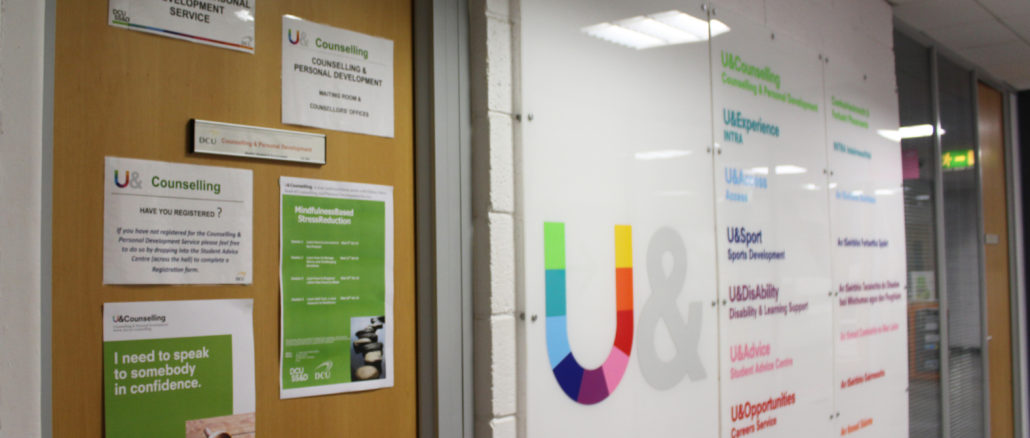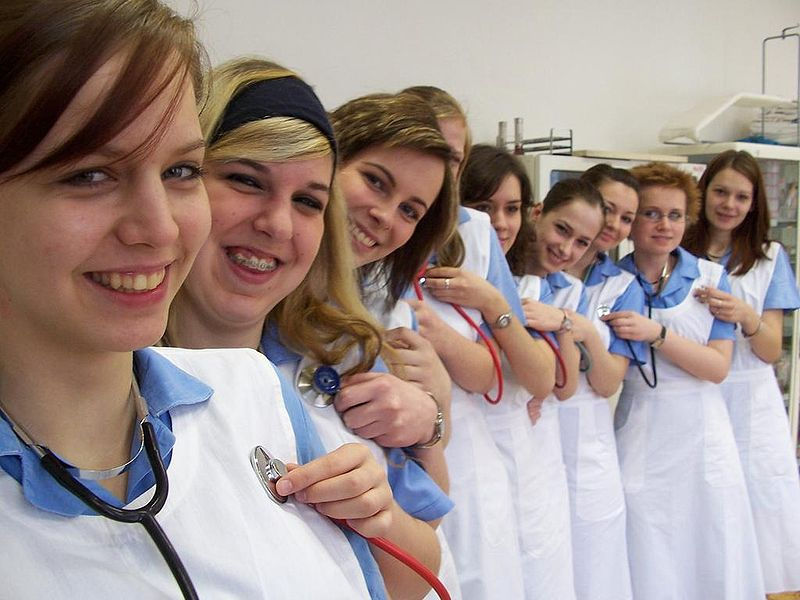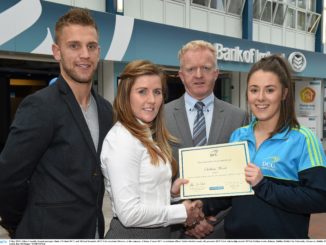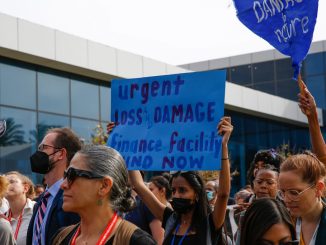
[dropcap]DCU[/dropcap] Chaplain Philip McKinley believes chaplaincy often goes hand-in-hand with the role similar to a counsellor, even though he is not qualified in the latter field.
This comes following an Irish Times article published last month which interviewed UCD Chaplain Scott Evans, who admitted he was more of a “big-brother figure that people can unload on”, rather than an outlet for faith guidance.
McKinley, who qualified to become a chaplain at around the same time as his UCD colleague, believes the huge shift in his role is down to a few things, one being the decreasing numbers of clergymen across certain religions.
However, McKinley also feels the role that he holds has a natural dimension for supporting others due to the human interaction he often encounters with others.
He said, “At the heart of all our work is people to people. Connecting on a real, human level and therefore, nothing can flow unless you connect human to human.
“Universally for chaplaincy, you just can’t do your job unless you connect well with people. It is a very social role and I love people, so I love being a chaplain because I love people and I enjoy all the great diversity of people, especially in DCU.”
McKinley however went onto reveal that chaplaincy can be much more than that. Sometimes, a person may come to him at the Inter-Faith Center and just open up about their problems, take a break in their quiet room or go for prayer as an outlet to relieve stress on their own, which are different angles he feels they offer that are different to a counsellor.
He said, “There is a councillor here who is also a qualified chaplain and my colleague in Trinity is a councillor before he became a chaplain. You do have an interchange with it.
“We have an amazing counselling service here and they do incredible, incredible work. They have made a massive impact on many people.
“I am not a professional counsellor, but there is a whole body of work that I think chaplaincy adds really uniquely to the wellbeing of the university.”
Brein McGinn
Image: Zainab Boladale



